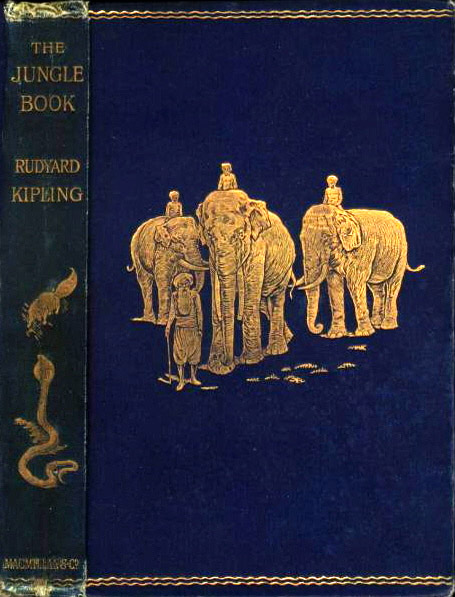2. The recepcionist asked Paco if he needed a tourist guide
Now we are going through the questions in reported speech. As you will learn below, the most important aspect when dealing with questions in indirect speech is to distinguish between Yes/No questions and Wh-questions.
Try to identify two sentences in reported speech said by the receptionist. Later you will learn an important difference between them.
When Paco arrived at the hotel in Mumbai, the receptionist asked him if he needed a tourist guide. Paco told him that he had already achieved one, during the journey from the airport to the city. Anyway, Raj, the receptionist, asked Paco what he had in mind to visit on his first day in the city and where he wanted to go.
 |
 |
 |
| By betta design. C. Commons. |
By lecercle. C. Commons. | By Meanest Indian. C. Commons |
Paco told him that he would like to visit the Taj, to walk along the streets to see and learn as much as he could about Mumbai. So Paco called Shandy and they met at the entrance of the hotel. Paco was ready to visit the city.
1. Yes / no questions:
This type of question is reported by using 'ask' + 'if / whether' + clause:
"Do you speak German?" He asked me if I spoke English.
"Are you British
or American?"
He asked me whether I was British or American.
2.
Question words (Wh- questions):
This type of question is reported by using 'ask' (or another verb
like 'ask') + question word + clause. The clause contains the question,
in normal word order, and the necessary tense change.
"What is your sister's name?" he asked me. He asked me what my sister's name was.
Finish the sentences using reported speech.
1) Alex: "Do you want to dance with me?"
Alex asked me ____________________.
2) Sonia: "When did you come from London?"
Sonia wanted to know ____________________.
3) The waiter: "Can I help you?"
The waiter asked me ____________________.
4) My father: "What are you doing now?"
My father asked me ____________________.
5) Andrés: "Did you see Al Pacino's latest movie?"
Andrés asked me ____________________.
Complete the sentences with the appropriate tense in reported speech.
Take into account if the question is a Yes / No question or a Wh-question.
1. My friend asked me, "Why do you have to leave your country so quickly?"
My friend asked me my country so quickly.
2. My teacher asked me, "Do you understand me when I speak English?"
My teacher asked me when he spoke English.
3. Your husband asked you, "Where did you put my glasses?"
Your husband asked you his glasses.
4. My father asked us, "Have you finished your homework?"
My father asked us our homework.
 |
| By Lamiot. Public domain. |
The tales in the book (and also those in The Second Jungle Book which followed in 1895, and which includes five further stories about Mowgli) are fables, using animals in an anthropomorphic manner to give moral lessons. The verses of The Law of the Jungle, for example, lay down rules for the safety of individuals, families and communities. Kipling put in them nearly everything he knew or "heard or dreamed about the Indian jungle." Other readers have interpreted the work as allegories of the politics and society of the time. The best-known of them are the three stories revolving around the adventures of an abandoned child Mowgli who is raised by wolves in the Indian jungle. The most famous of the other stories are probably "Rikki-Tikki-Tavi", the story of a heroic mongoose, and "Toomai of the Elephants", the tale of a young elephant-handler. Kotick, The White Seal seeking for a haven for his people where they would be safe from hunters, has been considered a metaphor for Zionism.
In its beginning, as in much of Kipling's work, each of the stories is preceded by a piece of verse, and succeeded by another.
Adapted from Wikipedia.
Click here for some theory and examples about questions in reported speech.
Exercises on reported speech: questions.
| Exercise 1 |
Exercise 2 |
Exercise 3 |
As we said above 'asked' is often used. Nevertheless some other reporting verbs can substitute the verb 'ask' adding a certain and more concrete meaning and information.
Some of these verbs are:
plead: My brother pleaded for help. ('I really need your help. Can you help me?')
inquire: I inquired about his address. ('What’s his address?')
beg: She begged me to give her some money. ('Please, please. Can you give me some money?')
invite: He invited us for lunch. ('Will you come for lunch, please?')
require: The students were required to shut up.// He required the students to shut up. ('Will you shut up, please?')
interrogate: His father interrogated him about the time he had come back home that night. ('What time did you come back home last night?')